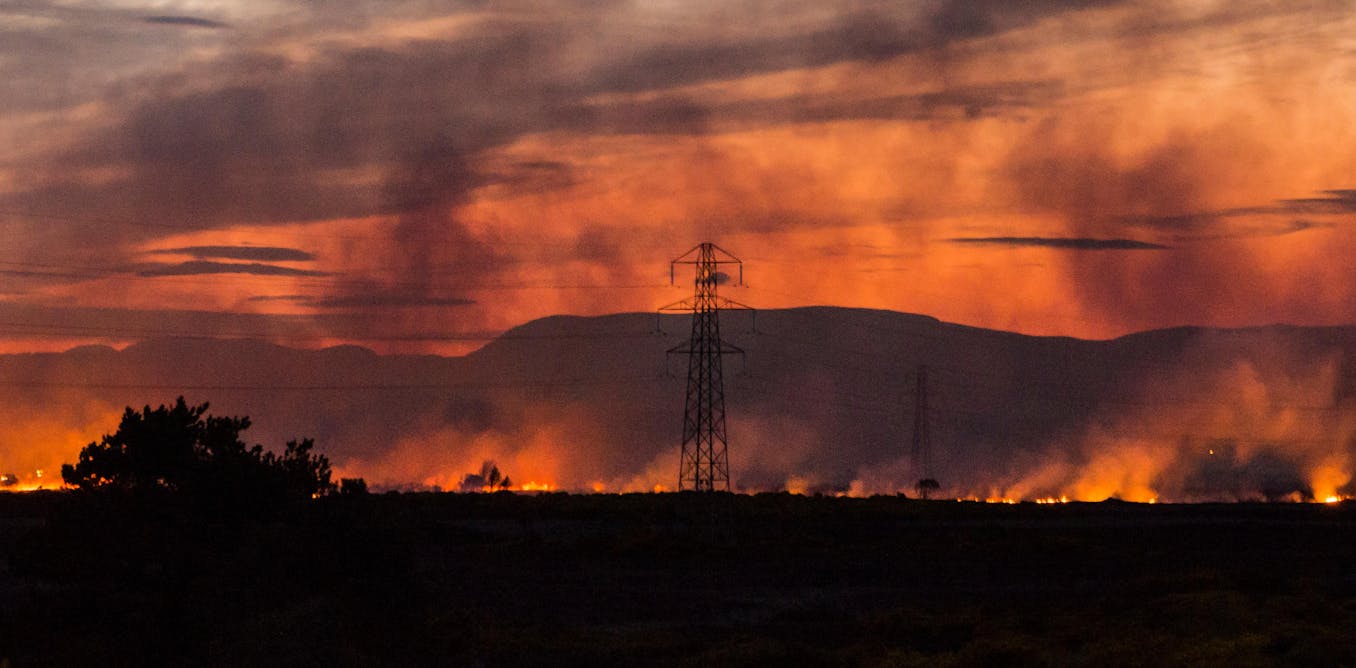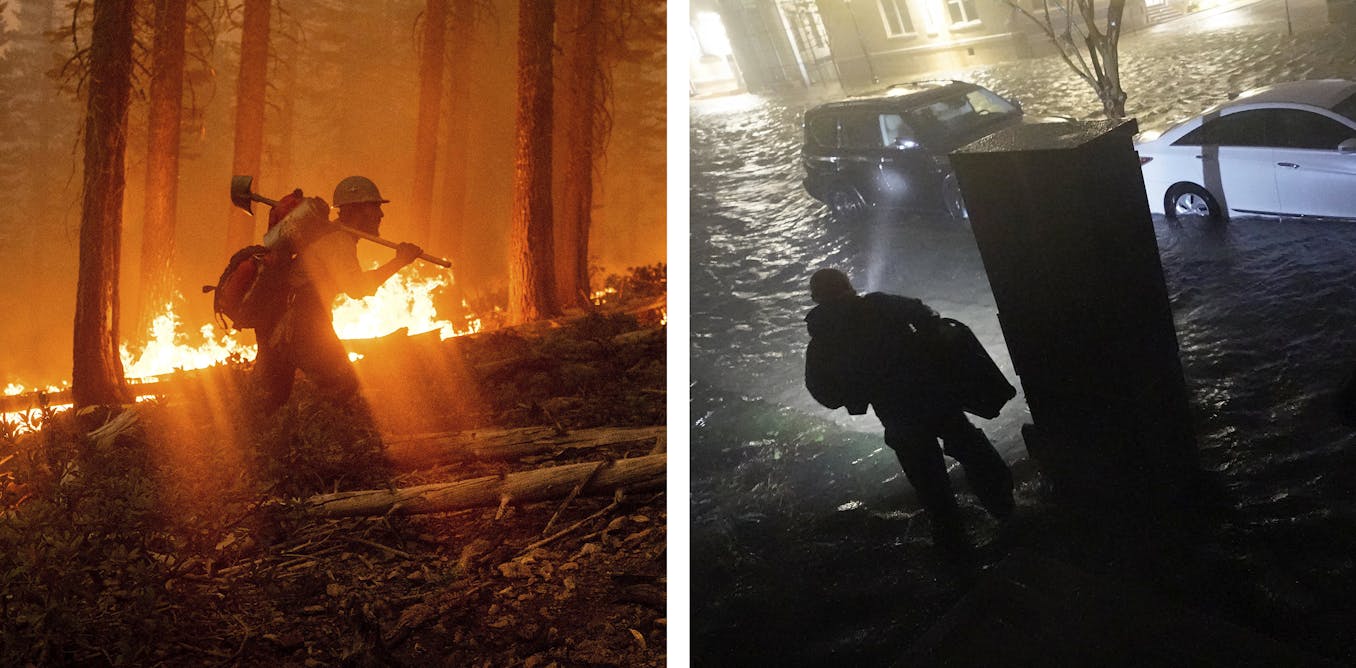As extreme fires transform Alaska's boreal forest, deciduous trees put a brake on carbon loss and how fast the forest burns
A new study finds more deciduous trees like aspen are growing in after severe fires in the region, and that has some unexpected impacts.
April 15, 2021 • ~8 min




